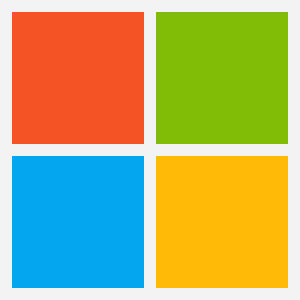Security and privacy are among the most significant concerns for enterprises and consumers using public cloud platforms. Azure Research is conducting pioneering research in the design and analysis of systems that guarantee strong security and privacy properties to cloud users, and in novel applications that are enabled by emerging security and privacy technology.
The role
As part of our research, we are working on
- new security primitives in general purpose processors and specialized accelerator hardware,
- languages and language runtimes that guarantee safety by construction,
- new services such as databases, distributed systems, and machine learning platforms that utilize secure hardware and runtimes to guarantees strong security properties ,
- mitigation techniques to guarantee safety and reliability of generative AI pipelines,
- leakage analysis and principled defenses against microarchitectural side-channel attacks.
We place strong emphasis on systems that can be deployed at scale in the real world. We work in close collaboration with external and internal research organizations, as well as with Microsoft product teams. Our current focus areas include secure distributed computing, privacy-preserving machine learning, secure hardware design, software security, and verified security and cryptography. Please find more information about our group and its work through the publications and projects pages.
Responsibilities
Propose, explore, and analyse new ideas in security, safety, and privacy domains through theoretical, practical, and application-level contributions.
Qualifications
- Students enrolled in a PhD program or outstanding undergraduate/master’s students with research experience.
- One or two papers at top security conferences (e.g., USENIX, CCS, S&P, NDSS) or papers focusing on security, safety, or privacy and appearing at top venues on machine learning (e.g., NeurIPS, ICML, ICLR), systems (e.g., SOSP, OSDI, NSDI, ATC, EuroSys), computer architecture (e.g., ISCA, ASPLOS, MICRO), or programming languages (e.g., PLDI, POPL, OOPSLA) is strongly desired.
- Letter of support from a supervisor and, optionally, from another senior collaborator.




